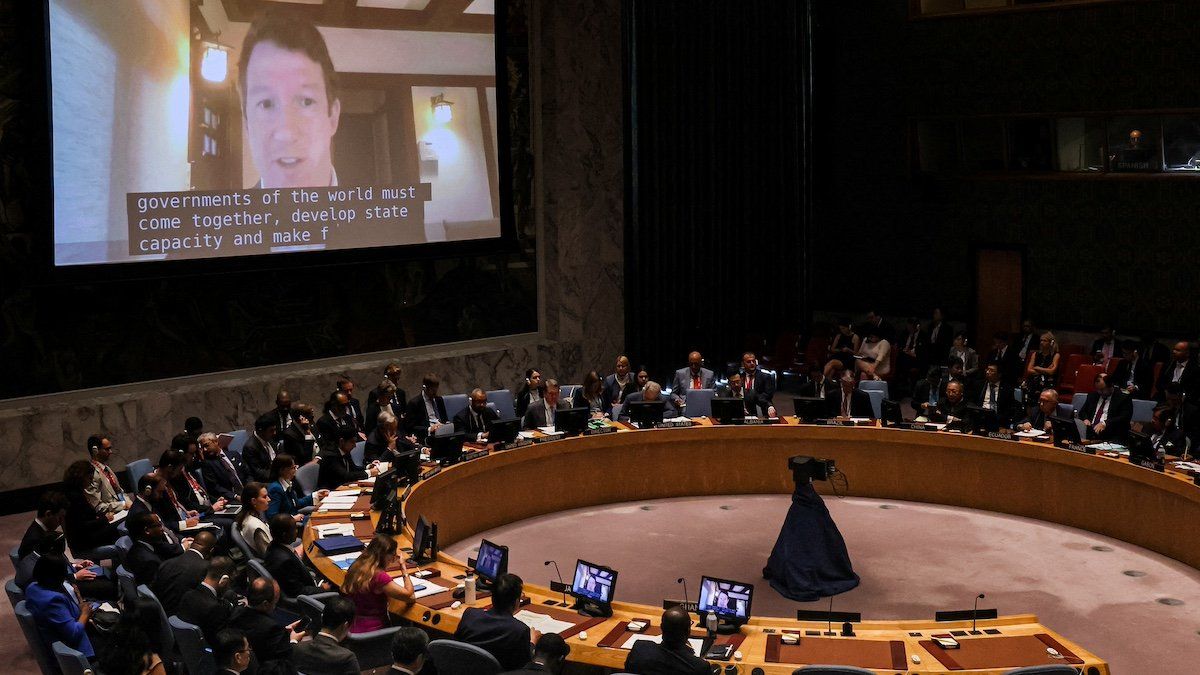The United Nations General Assembly adopted its first-ever draft resolution on artificial intelligence on March 21, pledging to “to refrain from or cease the use of artificial intelligence systems that are impossible to operate in compliance with international human rights law or that pose undue risks to the enjoyment of human rights.”
The resolution was brought by the United States’ delegation with the support of 123 member nations—including China and Russia. Linda Thomas-Greenfield, the US ambassador to the UN, said it’s crucial “to govern this technology rather than let it govern us.”
The resolution comes one week after Europe became the first major government to pass comprehensive regulation to rein the most severe risks of AI. Read our
interview with MEP
Eva Maydell, one of the architects of the law, for more on the future of AI regulation.
